On the occasion of the European 112 Day, Members of the European Parliament and civil society representatives criticised the European Commission for its lack of initiative in improving the functioning of the European emergency number 112.
Tore Sinding Bekkedal, a survivor of the 2011 Utoya massacre who called 112 and other emergency numbers during the tragedy considered the response by the emergency services unacceptable and states that: “the Commission and the Member States have learned almost nothing from the failure of the Norwegian emergency services on that day. Sadly, many European countries are still not prepared to react to such an attack”.
Members of the European Parliament also complained that the Commission did not implement obligations on mobile network operators to provide accurate caller location information to the emergency services. Arturas Kedavicius, who was asked to resign from Head of the Lithuanian 112 service, explained how the lack of leadership at EU level has had tragic consequences when a women called 112 eight times but couldn’t be located. As a consequence, the Lithuanian Minister of Internal Affairs demanded his resignation over the incident. ” I had to take the all the blame for what happened, while in fact mobile operators should have been obliged by the European Commission to send the location information to emergency services”.
MEP Adina Valean also deplored the lack of caller location obligation in EU law which also led to a drama in Romania in January when a plane carrying 6 doctors crashed in the mountains on its way to collect organs for transplant. The pilot, Adrian Iovan, 55 year old, and Aurelia Ion, a 23 year old student, both died of hypothermia having waited 6 hours for rescue. “It is unacceptable that people surviving a plane crash thanks to the extraordinary skills of the pilot should die for not having been located on time”, she declared.
While the European Parliament has strongly supported and called for an improvement of the 112 service since 2007, the Commission has not done anywhere near enough on the topic. The number is still unknown to approximately 3 out of 4 Europeans. “It is puzzling why Neelie Kroes has not been promoting this service since it is a clear example of what the EU can concretely do for its citizens; I implore the Commission to act urgently for the safety of our citizens and to demand more from the Member States”, commented MEP Bernadette Vergnaud.
The investment priorities of the Commission were also criticised. “I can’t understand or accept that the Commission invests millions of Euros in the eCall project while it will only represents 1.7% of the total number of emergency calls in the EU; at least 4 billion Euros could be saved annually thanks to the deployment of accurate caller location information: does the Commission fear the mobile operators’ pressure?”, concluded Dr. Demetrios Pyrros, representing the European Emergency Number Association. The eCall service, based on 112 that will connect vehicles to the emergency services during crashes, will be compulsory in Europe from October 2015.
112 Day Press Conference
Venue: European Parliament – Room ASP 5G2
Date & Time: 11 February 2014 – from 10.00 am to 11.40 am
Description
Despite the unconditional support of the European Parliament, the Commission, and in particular Neelie Kroes, has done little to improve the functioning and the awareness of 112.
The Press Conference will focus on the following topics
- What can we learn from recent tragedies like Utoya on the functioning of emergency services?
- Why aren’t the Commission and Member States doing more for better emergency services and for a well-known 112 service?
- Why is Neelie Kroes investing so much in eCall and why is she refusing to invest in more impactful technologies like caller location?
- What are the human and financial consequences of this inaction?
